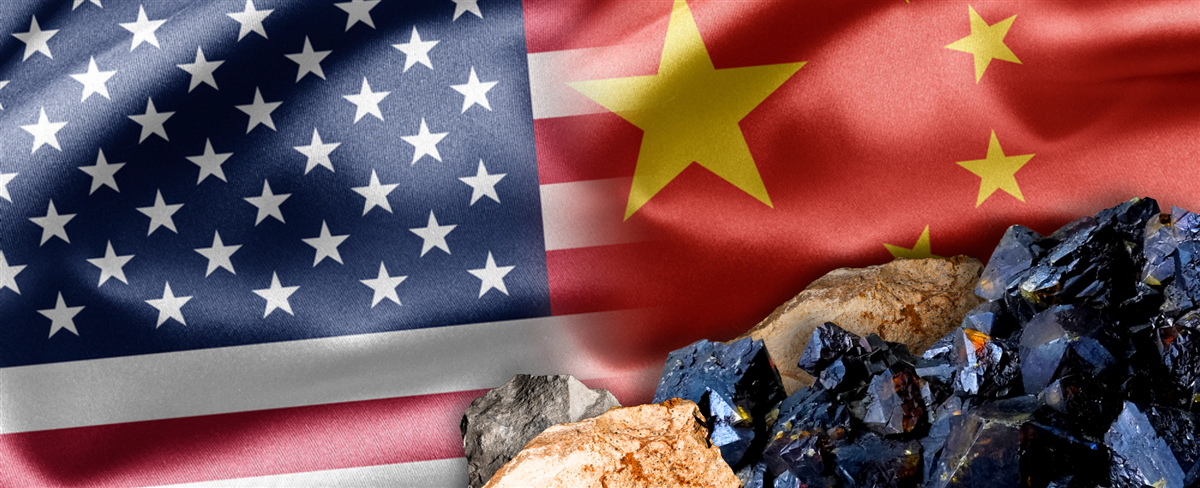
China has announced strict export restrictions on seven key rare earth elements, further amplifying the global trade tensions it has strategically leveraged in recent years. The sweeping measure, effective from April 4, is part of Beijing’s broader response to economic pressures, including tariffs imposed by the United States. These minerals are vital for the production of advanced weaponry, electronics, and a broad range of consumer goods.
The restrictions target medium and heavy rare earths, including samarium, gadolinium, terbium, dysprosium, lutetium, scandium, and yttrium-related materials. These elements are indispensable to industries such as defence, technology, and renewable energy, positioning China’s move as a potential choke point for global supply chains.
A Strategic Blow to the West
Beijing’s decision to weaponize its dominance in the rare earth market highlights its critical role in the global supply chain. Currently, China accounts for nearly 70% of global rare earth production and over 85% of processing capacity, leaving countries like the United States scrambling to secure alternative sources.
“China made this list strategically,” stated Mel Sanderson, a director at American Rare Earths and co-chair of the Critical Minerals Institute. “They picked materials crucial for the U.S. economy.” Companies like Tesla, Apple, and Lockheed Martin, which heavily rely on Chinese rare earths for their products, could face significant supply chain disruptions.
While these export controls fall short of an outright ban, Beijing has the power to tighten the tap further by restricting export licenses. Analysts predict that this move will spark a “scramble for access” to limited alternative supplies in regions such as Japan and South Korea, according to Ryan Castilloux of Adamas Intelligence.
Global Implications
The U.S. government has been stockpiling rare earths, but experts warn that current reserves are insufficient to meet long-term demands, especially for defence contractors. Industry insiders have already expressed concerns about the reliance on Chinese supply chains. Avionics manufacturers, in particular, depend heavily on China for rare earths critical to their operations.
Defence giants like RTX and Honeywell have declined to comment on the potential impact of these restrictions, while Boeing and GE remain silent on the issue. However, the stakes are clear: without steady access to these critical minerals, sectors ranging from aerospace to renewable energy could face severe setbacks.
The Escalation of a Geopolitical Chess Game
This is not China’s first use of rare earths as a geopolitical tool. Beijing has previously imposed outright bans on the export of certain metals to the U.S. and implemented export controls on others. David Merriman of consultancy Project Blue emphasizes the significance of this latest move, particularly given China’s tighter control over heavy rare earth elements.
Experts interpret the move as a clear signal of Beijing’s willingness to escalate its economic countermeasures in response to external pressures. “This isn’t just about trade—it’s about strategic leverage,” Merriman added.
As China continues to consolidate its position in critical global supply chains, the rest of the world is left grappling with the urgent need to diversify rare earth production and processing. With U.S. companies working to establish domestic mining operations, such as the Wyoming rare earths mine projected to open by 2029, the race is on to mitigate the risks posed by this critical supply chain vulnerability.
In the meantime, industries across the globe brace for the ripple effects of China’s latest move, underscoring the growing entanglement of trade, technology, and geopolitics.
Story by: Mercy Addai Turkson #ahotoronline.com




